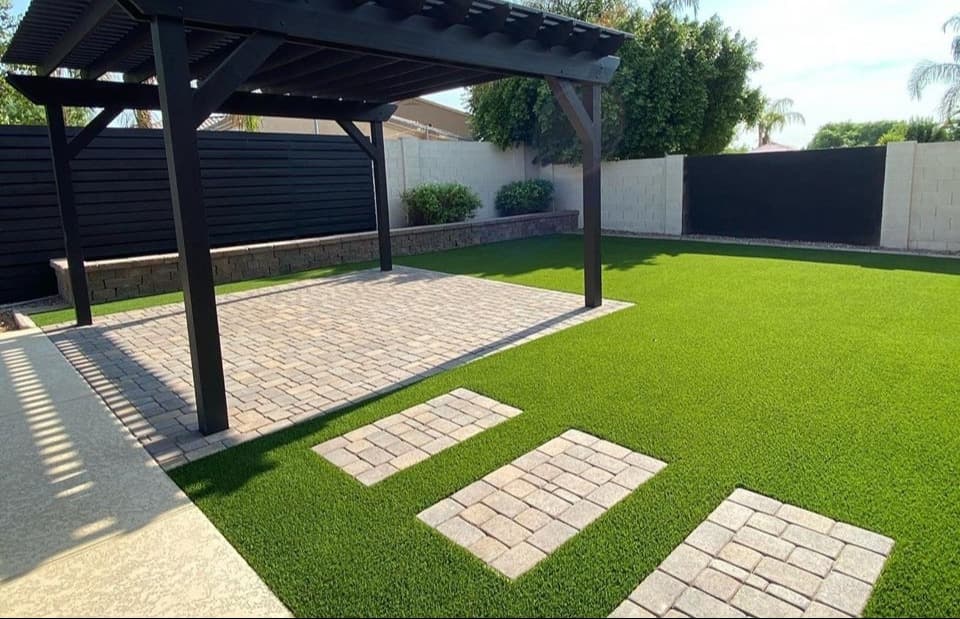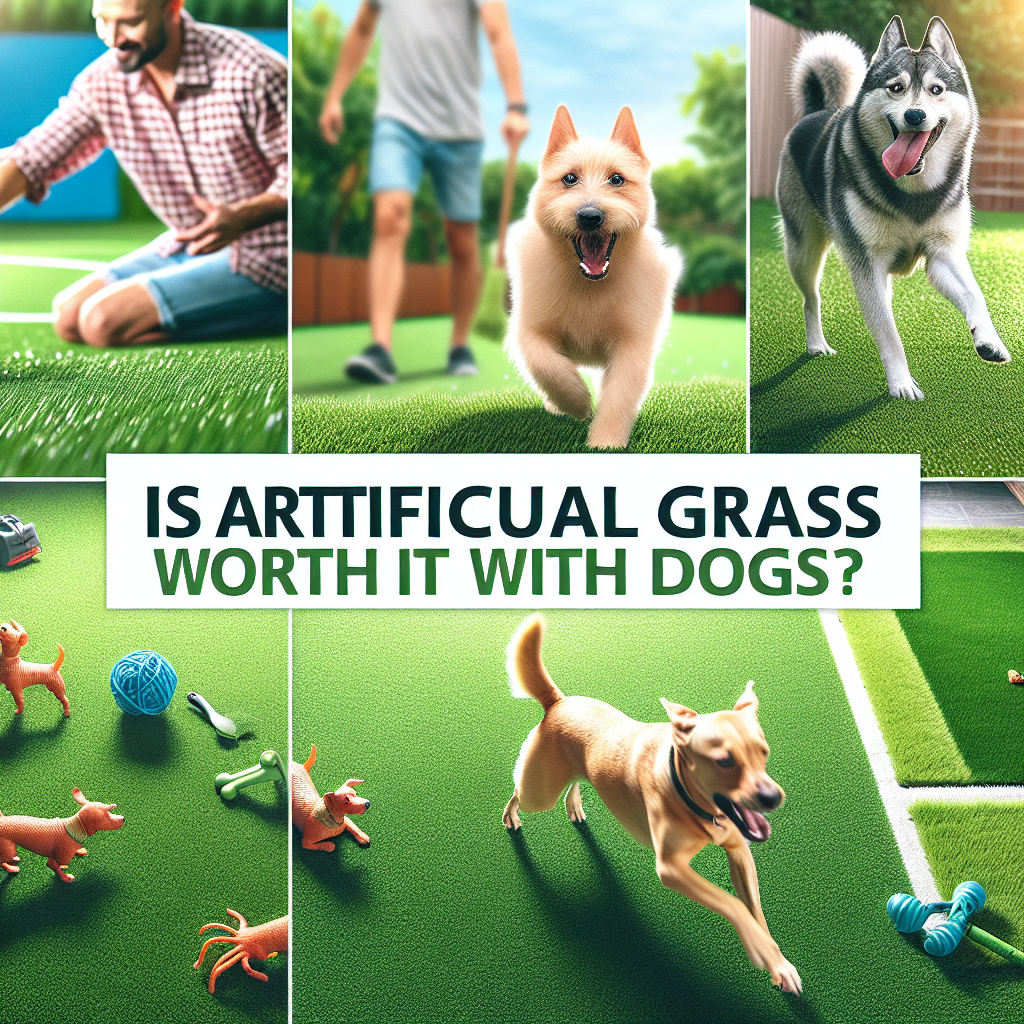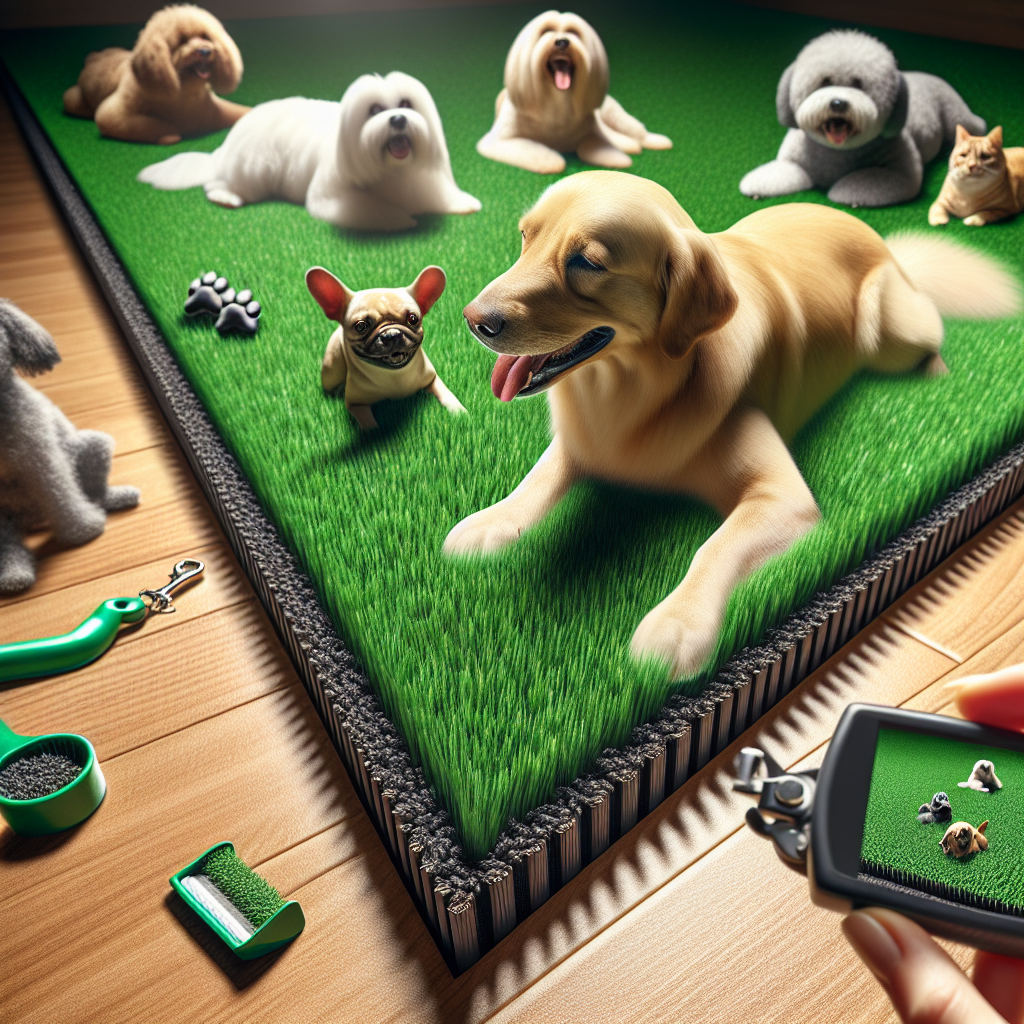
Imagine stepping into a lush, green oasis in your backyard, only to be greeted by an unpleasant odor. This scenario is all too common for pet owners with artificial grass. But fear not! With the right techniques and a bit of effort, you can keep your artificial lawn smelling fresh and inviting. Let’s delve into the secrets of maintaining a fragrant and delightful yard for both you and your furry friends.
Artificial grass, often referred to as pet turf, is a fantastic solution for dog owners who want a durable and low-maintenance yard. However, just like any other surface where pets relieve themselves, it can develop odors over time. These odors are primarily caused by the accumulation of urine, which, if not properly cleaned, can break down and produce ammonia—a compound with a particularly strong smell.
Bacteria thrive in moist environments, and when pet urine seeps into the infill of your artificial grass, it creates an ideal breeding ground. The bacteria break down the urine into ammonia, releasing that unmistakable odor. Understanding this process helps us target our cleaning efforts more effectively.
The key to preventing odors is regular maintenance. Here are some practical steps you can take:
If you’re considering upgrading your yard, pet turf offers numerous benefits. Not only is it easier to clean compared to natural grass, but it also provides a safe and comfortable environment for your pets to play on.
To combat odors naturally, consider these options:
Preventing odors starts with proactive measures:
While bleach is a powerful disinfectant, it can damage artificial grass fibers. Stick to pet-safe cleaners or mild detergents for the best results.
A weekly deep clean is usually sufficient, but adjust based on the usage intensity and climate conditions in your area.
Some artificial grasses come with antimicrobial properties that inhibit bacterial growth. Investing in high-quality pet turf can make maintenance easier.
Maintaining a fresh-smelling yard is not only possible but also simple with the right techniques. By understanding the root causes of odors and adopting regular cleaning practices, you can enjoy a pristine and inviting outdoor space. Remember, your backyard is a sanctuary for both you and your pets—keep it fresh and pleasant with these tips and tricks!
For more information on enhancing your home’s outdoor spaces, check out our article on the benefits of pet turf.
Keeping your outdoor space clean is vital for hygiene and comfort. For additional guidance on outdoor maintenance, explore resources from trusted authorities like the Environmental Protection Agency (EPA).
Your quest for a pristine yard doesn’t end here. Stay informed and proactive in your approach to yard maintenance, ensuring a beautiful and fragrant outdoor haven for all.


